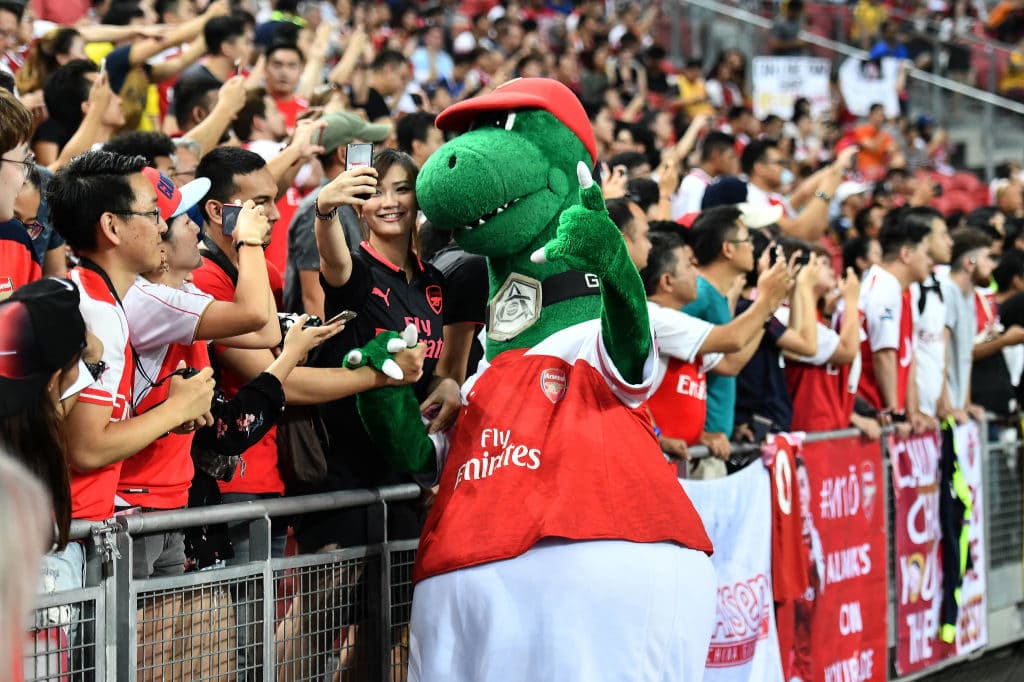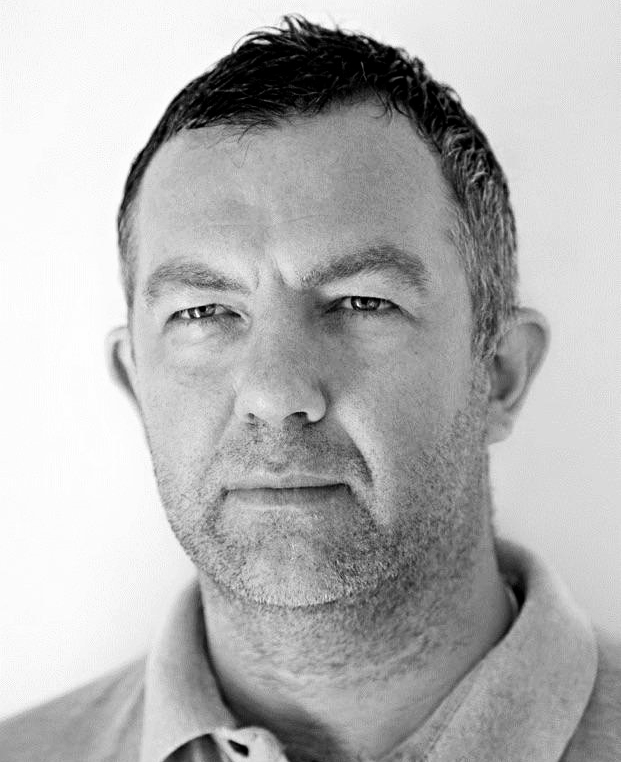The majority of fans will have less money after this pandemic. But they’ll also have spent months finding new activities they enjoy. Even creatures of habit like us can change those habits, particularly when we break from them for a while.

There’s No Short Cut To Getting Fans Back

Darren Young
@fanexperienceco
Darren has a weekly column on the D3D4 Football website.
He has a background in working on customer service excellence projects in the UK and Europe, and an MBA that included studying in the USA .
He is responsible for The Fan Experience Company reports that in 2019/20, went to over 200 clubs in 13 countries.
At the end of the latest Jurassic World movie, Jeff Goldblum – after years of trying to warn people against meddling with science – tells a select committee that we are going to have to get used to a new kind of normal now, where the dinos and humans co-exist on earth, rather than having a 65-million-year safety-cushion to fall back on.
The sentiment sounds familiar. There is a new normal with a new enemy and until we can get rid the problem altogether, we’ll have to learn to live with it.
That sentiment is being used in sport right now too as fans are beginning to go back to stadiums – albeit in very small numbers – and October is the target month for an increase from pilots to the real thing. There is an assumption that as long that happens, things will eventually be OK.
Sport, like life, will find a way. They think.
It makes it sound quite straight-forward; positive and moving in the right direction, as it should be but it also ignores, or at least sweeps behind a giant asteroid, a host of potential problems. The virus isn’t going anywhere for the time being and a vaccine is still some way off, at best. The world is still under enormous threat from the virus. If a second [nationwide] lockdown was to be imposed on the UK then it’s clear that the mess we’re in now will be nothing compared to the damage another would do. As well as ten to twenty million unemployed people, everything from the arts to zoos will be forced to close. Sport will be another high profile casualty. And we are waiting on the decisions of a government that has got almost every single big one wrong so far.
So the impossible conundrum. If we don’t find a way soon then there won’t be sport – the way it is now – to even worry about. And as 95% of that sport requires a paying audience then for all the bubbles and bio-secure environments, then if it is to avoid extinction, we have to add people – and lots of them – into the mix at some stage.
Walk The Dinosaur
Talking of things that have been around for what seems like millions of years, I read an article last week that hit the nail on the head when it comes to future of the fan experience; even if the product is the same (or better) it still isn’t necessarily enough. In it, the BBC Arts Editor, Will Gompertz, went to one of the events at the London Palladium designed to test socially-distanced entertainment. For context, he had seen Madonna perform at the same 2,297 seat venue in January and had a ball. But this time, he was watching Beverly Knight and her band.
He described the shows are polar opposites in that Bev was pitch-perfect whereas Madonna was not. Madge was also injured, so had to hobble around the stage while Knight was dynamic and graceful. She also was at one with the crowd while Madonna’s risqué banter made some people feel awkward.
Yet he still thought Madonna’s show was superior. In his words ‘not because she was better but because the audience were better’.
Live entertainment is about the shared experience. We’ve all heard the one about going to a football game and saying the fan next to you ‘Oi!!’ while indicating we are shouting. It’s quite funny when suggesting a club has small crowds (I told it after a meeting in Slovakia and every nationality got it) but when its true because the fans are so deliberately spaced out? Not so much.
Gombertz compared it to watching a rehearsal rather than a show. No tension in the air, no union between performer and crowd, as he put it, which is particularly hard when they are all wearing masks.
It is no one’s fault, obviously and rules are rules but they also increase the risk. If the experience is sub-standard then won’t people just not bother going?
There is already a massive risk of that anyway. Recent polls (including one of our own) suggested that 60% of ‘casual’ fans wouldn’t go to any or as many matches as they once did.
The problem for clubs is that people – fans – might find another way. After all, Coca Cola’s biggest competitor isn’t Pepsi. No, the thing that keeps their senior people awake at night – other than possibly Coca Cola – is water.
The dangers for professional football clubs are hidden in plain sight – such as iFollow, other sports or grassroots games – when it comes to competition. More than one Premier League fan on Season 1 of our podcast series has told us about giving up their club to go and watch football lower down the pyramid, where they can enjoy themselves with their friends in a very different way. Way cheaper, more beer, less hassle; what’s not to like?
Take haircuts, for instance. Seeing that a lockdown was around the corner, I went for a haircut on March 1st – my last proper one as it turned out.
Who’s Foolin’ Who?
By April 1st, I was ready for another. But it wasn’t an option so I left it. At week 6, I was getting desperate, at week 7 even more so but by week 8, I kind of got used to the way it was.
But I wasn’t prepared to go prehistoric man all the same. So, I asked my wife if she’d cut it. I was nervous – she had zero experience, qualifications and I assumed, skill – in this field but needs must. I asked her to trim it, she did and it looked fine; in fact, much better than I expected.
She cuts it every 2-3 weeks now and I can’t tell any difference between what she does and what the barber does. Other than in the price.
So now I no longer have to pay twenty-odd quid, travel into town or worry about parking, and instead of the free drink that is built into the price, the drink now is completely free (or pennies if you count the cost of milk and electricity). Why would I go back to how it was? What would it take for them to entice me?
My mother, by contrast, would never let anyone unqualified go anywhere near her hair. When hairdressers were allowed to reopen, she had a 9am appointment.
The owner – wearing a mask herself – made sure the rest of the experience was exactly the same. She didn’t make my Mum wear a mask, sit on her own surrounded by screens and she got a cuppa as usual. ‘I’m not letting a loyal customer for thirty years feel awkward about coming here’ she proclaimed and, rights or wrongs aside, that’s an important factor here too. She didn’t want to risk her finding another way, or another hairdresser.
For me, it was already too late.
That clubs need to put a lot of focus on the fan when they are allowed back in stadiums is obvious, and covered in our White Paper on the subject of safety v experience.
But that’s assuming they are there in the first place and haven’t found something else, or somewhere else, to spend their Saturday afternoons.
Another significant effort needs to go into promoting and marketing the club, match days and the experience to the thousands of fans who will be unsure about what to do next, or that have found other ways to fill their time while they’ve been waiting for ‘normal life’ to resume.
I’d like to say football clubs will find a way too, but they first have to realise that they need to.
Our White Paper ‘It’s Just Like Watching Pret’ can be viewed by clicking here
© The Fan Experience Company 2020
